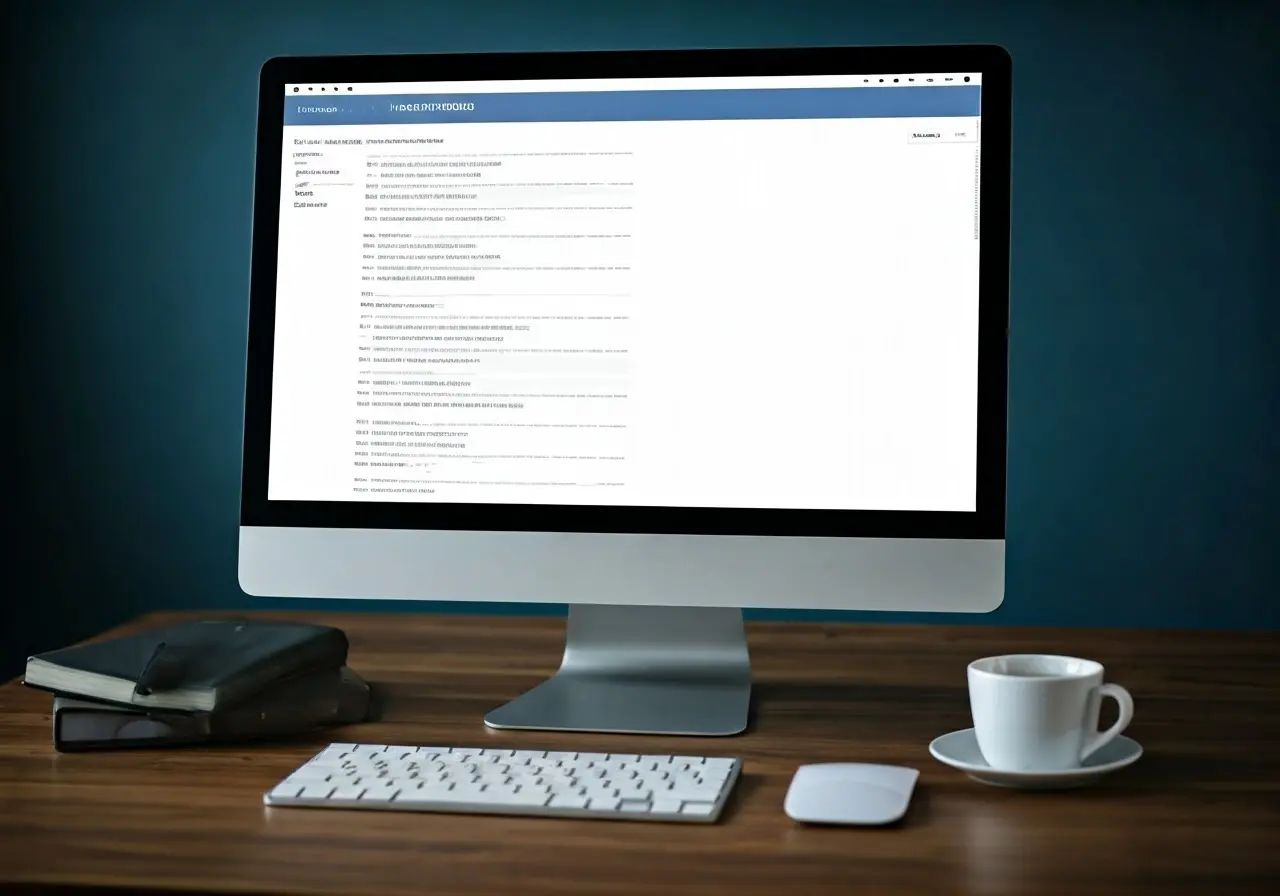When purchasing a property in New York City, one of the critical steps for buyers and sellers alike is understanding the timeline for recording the transaction on ACRIS (Automated City Register Information System). Let’s walk through the process to know when your purchase will officially be on record.
Understanding ACRIS
ACRIS is the system used by New York City to record property transactions, offering a public record for transparency and legal purposes. Familiarizing yourself with this system is essential for anyone involved in buying or selling property in the city.
The system allows you to view documents related to property transactions, such as deeds, mortgages, and leases. By providing easy access to these documents, ACRIS helps maintain public trust in real estate transactions. This transparency is crucial, given the complexity of property dealings in such a bustling urban environment.
For those navigating the real estate market, understanding how ACRIS works can empower you to better manage your transactions and ensure all legal requirements are met. Ensuring that all details are properly recorded on this platform is pivotal to protecting your financial and legal interests.
The Purchase Process
The journey to recording a purchase on ACRIS begins long before the closing. Once an agreement on the sale price is reached, various legal and financial preparations must be accomplished before moving towards the closing.
During this phase, buyers usually conduct due diligence, which may involve property inspections and title searches. Additionally, securing financing is crucial, which often involves dealing with mortgage lenders to finalize loan terms. Each of these steps is integral in ensuring a smooth transition from an initial agreement to official transaction recording.
One key aspect of the process is preparing the necessary documentation. This includes signing agreements and gathering any legal certifications required for the transaction. All of these documents must be completed accurately and comprehensively to avoid delays when the transaction reaches ACRIS.
What Happens at Closing
On closing day, all necessary documents are signed and funds are transferred. This is the pivotal point where the sale is legally finalized. It’s a crucial step towards getting your transaction recorded on ACRIS.
During closing, the buyer, seller, and their legal representatives come together to exchange necessary paperwork and conduct financial transactions. This often includes the payment of closing costs and the formal signing of the deed, which is essential for the official change of ownership.
It’s important to understand that during the closing, any last-minute issues should be addressed immediately. This can range from outstanding repairs to be conducted or final financial adjustments that need settling. Successfully resolving these matters ensures that the process will move smoothly forward to recording on ACRIS.
Recording Timeline on ACRIS
After closing, documents are sent to the city register. Generally, it takes from a few days to a couple of weeks for the transaction to appear on ACRIS, depending on the volume of transactions and accuracy of the paperwork submitted.
The recording timeline has evolved over time with efforts to digitize and streamline. With modern technology, the aim is to make the process as efficient as possible, though delays can still occur. Ensuring that all documents are in order and error-free can help mitigate potential setbacks.
For those involved in the transaction, keeping in constant communication with your legal team and monitoring the status of your recording can offer peace of mind. Staying proactive can make all the difference in addressing any unexpected delays swiftly.
Factors Affecting Recording Time
Several factors can influence how quickly a purchase is recorded on ACRIS. These include the completeness and correctness of submitted documents, any errors that might require rectification, and the overall workload of the city register at the time.
Furthermore, technological issues or updates to the ACRIS system can occasionally affect recording times. Ensuring that everyone involved in the transaction is updated with the latest information and aware of potential system changes is crucial to anticipate any delays.
Busy periods in the real estate market, where the volume of transactions is unusually high, can also increase the time it takes for a transaction to appear on ACRIS. Planning your purchase during less crowded times of the year might help in achieving a faster record time.
To facilitate a quicker recording time, ensure all necessary documentation is prepared well in advance, with no missing signatures or incomplete sections. This thorough preparation can significantly reduce the window for potential delays, helping your transaction to appear on ACRIS faster.
Conclusion: Understanding ACRIS Recording Timelines
In summary, while the time it takes for a purchase to be recorded on ACRIS can vary, typically, buyers and sellers can expect the transaction to appear within a few weeks after closing. Being prepared with all necessary documentation and keeping in touch with your legal professionals can facilitate a smoother process and faster recording time.


